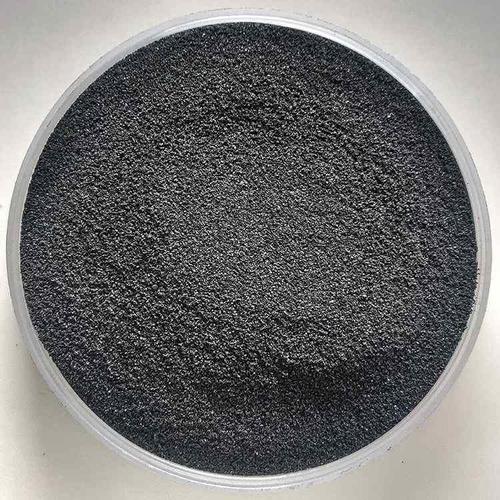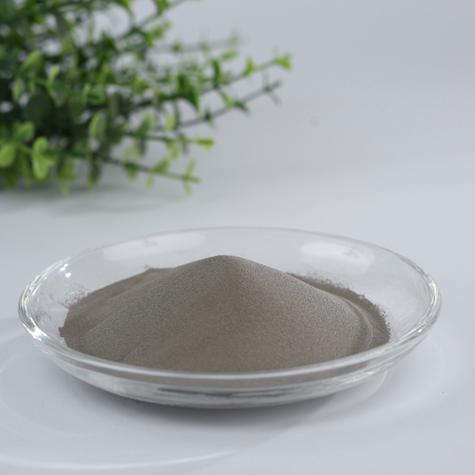**Is Your Protein Powder Secretly Packing Heavy Metals?**
(Do Protein Powders Have Heavy Metals)
You grab that scoop of protein powder daily. You mix it into shakes, bake it into muffins, or blend it with oatmeal. It fuels your workouts, keeps you full, and fits your fitness goals. But here’s a question you might not have asked: what else is sneaking into that powder besides protein?
Let’s cut to the chase. Some protein powders—especially the cheap or poorly regulated ones—contain heavy metals. Think lead, arsenic, cadmium, or mercury. These metals don’t belong in your body. They can build up over time and cause health issues like kidney damage, nerve problems, or even heart trouble.
Why would heavy metals end up in protein powder? It starts with the source. Plants like soy, rice, or peas absorb minerals from soil. If the soil has contaminants, those metals hitch a ride into the plant. Processing steps like grinding or heating don’t remove them. Whey protein isn’t immune either. Cows might graze on polluted land, passing metals into milk used for whey.
Testing tells the story. Independent labs have found traces of heavy metals in many popular brands. The amounts are usually small. But if you’re using protein powder daily, those tiny doses add up. Kids, pregnant women, or people with health conditions need to be extra careful.
Don’t panic. Not all protein powders are risky. The key is picking products that prioritize safety. Look for brands that test their ingredients and share lab results openly. Certifications like NSF Certified for Sport or Informed-Choice mean the product passed strict checks. Plant-based proteins sometimes carry higher contamination risks, so check labels for third-party testing.
Price isn’t always a guarantee. Expensive powders can still have issues. Research matters. Check consumer watchdog groups or websites that publish test data. Some companies even post heavy metal levels right on the packaging. If they’re hiding that info, think twice.
What about “natural” or “organic” labels? They don’t automatically mean heavy-metal-free. Organic farming avoids pesticides but doesn’t control soil history. Metals linger in dirt for decades. A farm could go organic today but still have legacy pollution from past industrial activity.
You can also diversify your protein sources. Relying only on powder? Maybe swap in whole foods like Greek yogurt, eggs, or lentils some days. It cuts your exposure and adds nutrients you won’t get from processed supplements.
Regulations are patchy. The FDA doesn’t set strict limits for heavy metals in supplements. Companies mostly self-police. That’s why third-party certifications matter. They fill the gap where laws fall short.
Your health isn’t worth shortcuts. If a protein powder seems too good to be true—super cheap, miracle claims, flashy ads—dig deeper. Read reviews. Email the company and ask for test reports. If they ignore you, walk away.
Heavy metals are everywhere. They’re in water, air, and food. You can’t avoid them completely. But you can minimize risks. Choose clean protein powders. Rotate your diet. Stay informed. Your body will thank you later.
(Do Protein Powders Have Heavy Metals)
Still unsure? Talk to a nutritionist. They can recommend tested brands or help balance your protein needs without overloading on supplements. After all, fitness should make you stronger—not introduce new problems.
Inquiry us
if you want to want to know more, please feel free to contact us. (nanotrun@yahoo.com)


